What is Blockchain?
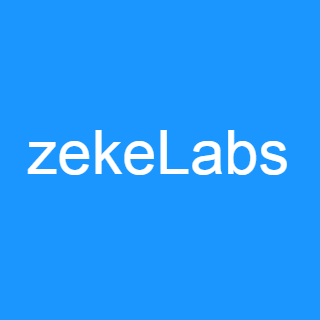 zekeLabs
zekeLabs
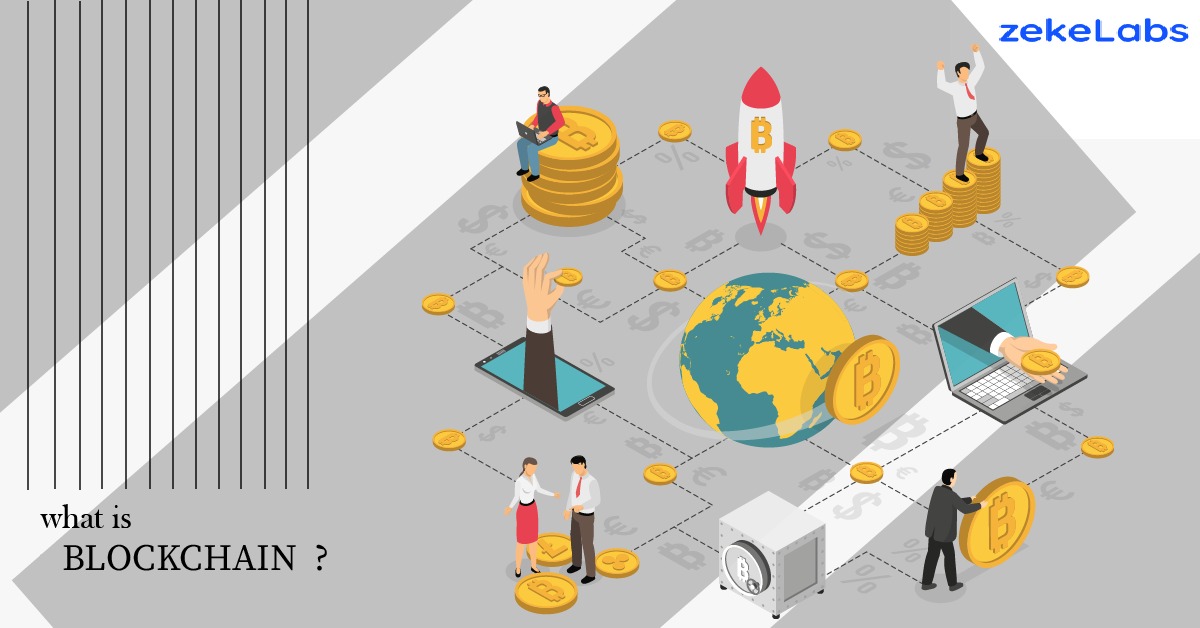
Understanding blockchain can be a tricky business. Notwithstanding their specialized capacities, blockchains have within them philosophical, social, and ideological underpinnings that must likewise be comprehended. Like people today are connected to the internet, billions of people will also be associated with blockchain in the same way.
Technically, the blockchain is a back-end database that keeps up a disseminated record that can be reviewed straightforwardly. Numerous individuals mistake blockchain for bitcoin. What they have to comprehend that blockchain is the technology behind bitcoin.
Bitcoin is a digital token and blockchain is the record that monitors who claims the computerized tokens. You can't have a bitcoin without blockchain yet you can have a blockchain without bitcoin.
Blockchain is a meta technology since it influences different advancements and it is comprised of multiple technologies itself. It includes multiple pieces-a database, a software application, various PCs associated with one another, customers to get to it, a software environment to create on it, tools to track it, and some other pieces as well.
It doesn't include any banks or the government. As you'll see, blockchain is a possibly progressive innovation that vows to significantly change the world as we know it.
How does it work?
Most importantly, somebody demands an exchange that is communicated to the P2P network comprising of PCs, known as nodes. The system of nodes approves the exchanges and the client's status by performing algorithms. A confirmed exchange can include digital money, agreements, records, or other data. When confirmed, the exchange is joined with different exchanges to make another block of information for the record. The new block is then added to the current blockchain, in a way that is lasting and unaltered. The exchange is now finished.
Consider that a person called Alice wants to send cryptocurrency to a friend named Bob. Alice installs a wallet app to create a new wallet. A wallet app is like a mobile banking app and a wallet is like a bank account. Alice visits an exchange to buy bitcoins. Alice sends 10 bitcoins to Bob using her wallet app. The wallet app signs the transactions with her digital signature. The signed transaction is now pending for verification. Many transactions occur in the network at any time. All the pending transactions in a given time frame are grouped in a block for verification. Each block has a unique identifying number, creation time, and a reference to the previous block. The new block is put on the network to verify if its transactions are legitimate. People on the network called miners, compete to verify the block. Miners provide transaction verification services. Verification is accomplished by completing complex cryptographic computations.
Types of Blockchain
There are two types of blockchain:
- Private
- Public
Private Blockchain:
On the off chance that you need to move digital resources between a trusted gathering of individuals, need to keep up the protection of exchanges between a closed gathering of individuals, or have a high volume of exchanges every second, at that point a private blockchain is required.
Transactions are less expensive in a private blockchain since they just should be confirmed by a couple of nodes that can be trusted to have the high processing power, and need not be checked by ten thousand workstations. Nodes can be trusted to be all well associated and any glitch can instantly be fixed by manual intervention, permitting the utilization of algorithms that offer certainty after a lot shorter block time. Therefore, private blockchains can give a more prominent degree of security.
Public Blockchain:
A public blockchain is open and interoperable, similar to the web and a private blockchain is closed and restricts the individuals its access, similar to an intranet.
Notwithstanding, public blockchains give an approach to shield the clients of an application from the developers, establishing that there are sure things that even the developers of an application have no position to do. Public blockchains are open and in this way, are probably going to be utilized by numerous entities and increase some system impacts.
The arrangement that is ideal for a specific industry depends intensely on what your precise industry is. At times, the public is obviously better while in others, some level of private control is basically essential. As is regularly the situation, in reality, it depends.
One important blockchain result we are presented to is the new crypto economy, the whole of the economic realizations coming about because of applying the blockchain's latent capacity. This crypto economy is a trust economy that is much more decentralized both strategically and compositionally and it provides equivalent access and lower barriers of entry to all.
As we get ready to jump aboard the crypto economy, without a doubt it looks risky, uncertain, and even unproven. Yet it will bloom and develop with a larger number of advantages than impediments.
If you are keen on pursuing a full-time career in Blockchain development, do check out our training in Blockchain development.

Keywords : Blockchain Technology
Recommended Reading
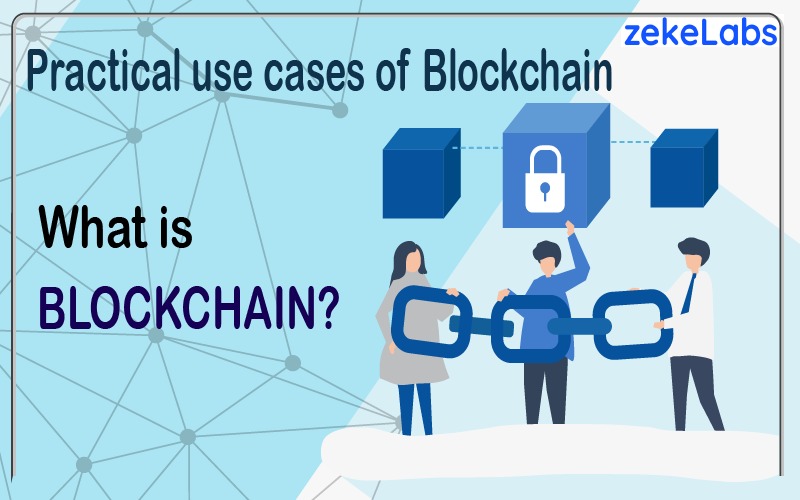
Practical use cases of Blockchain
The decentralized blockchain technology is going to shift your life from the way you transact business or manage possession, to the manner you use your devices, vote, rent a car, and so on. Along the way, it will revamp banks and other financial organizatio...
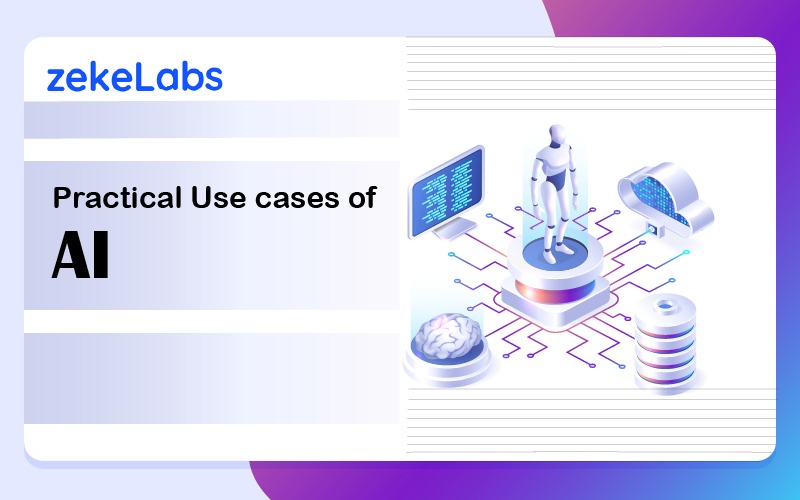
Practical use cases of AI in Business
Artificial Intelligence is one of the most fascinating and bears much of the future in it. In fact, AI is the future of technology and businesses. Artificial intelligence with allied technologies like machine learning makes it possible for machines to impro...
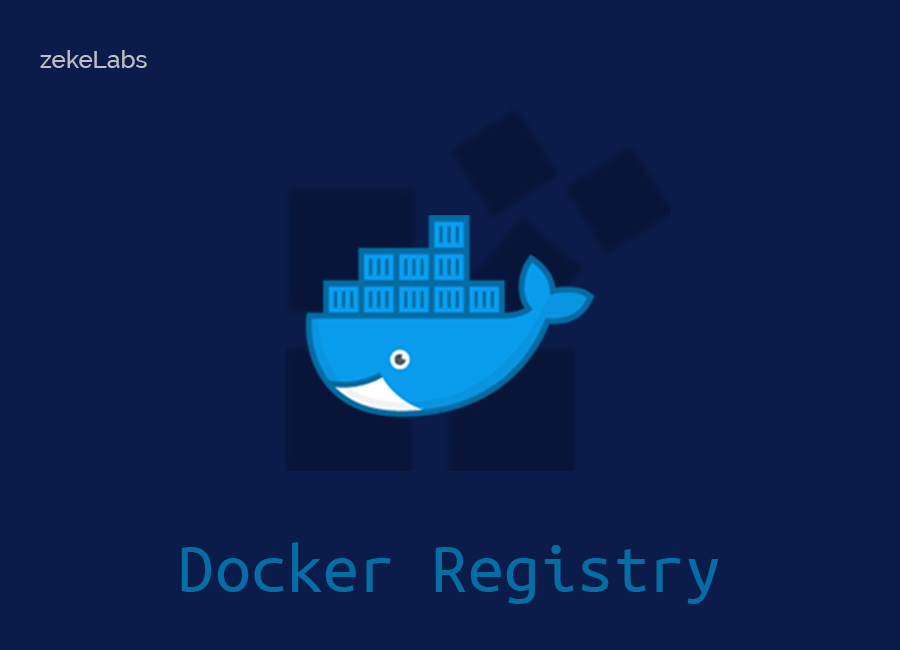
How to create a Docker Container Registry
Running a Local Docker Registry One of the most frequently asked question by developers is, how to set up a container registry for storing the Docker images?